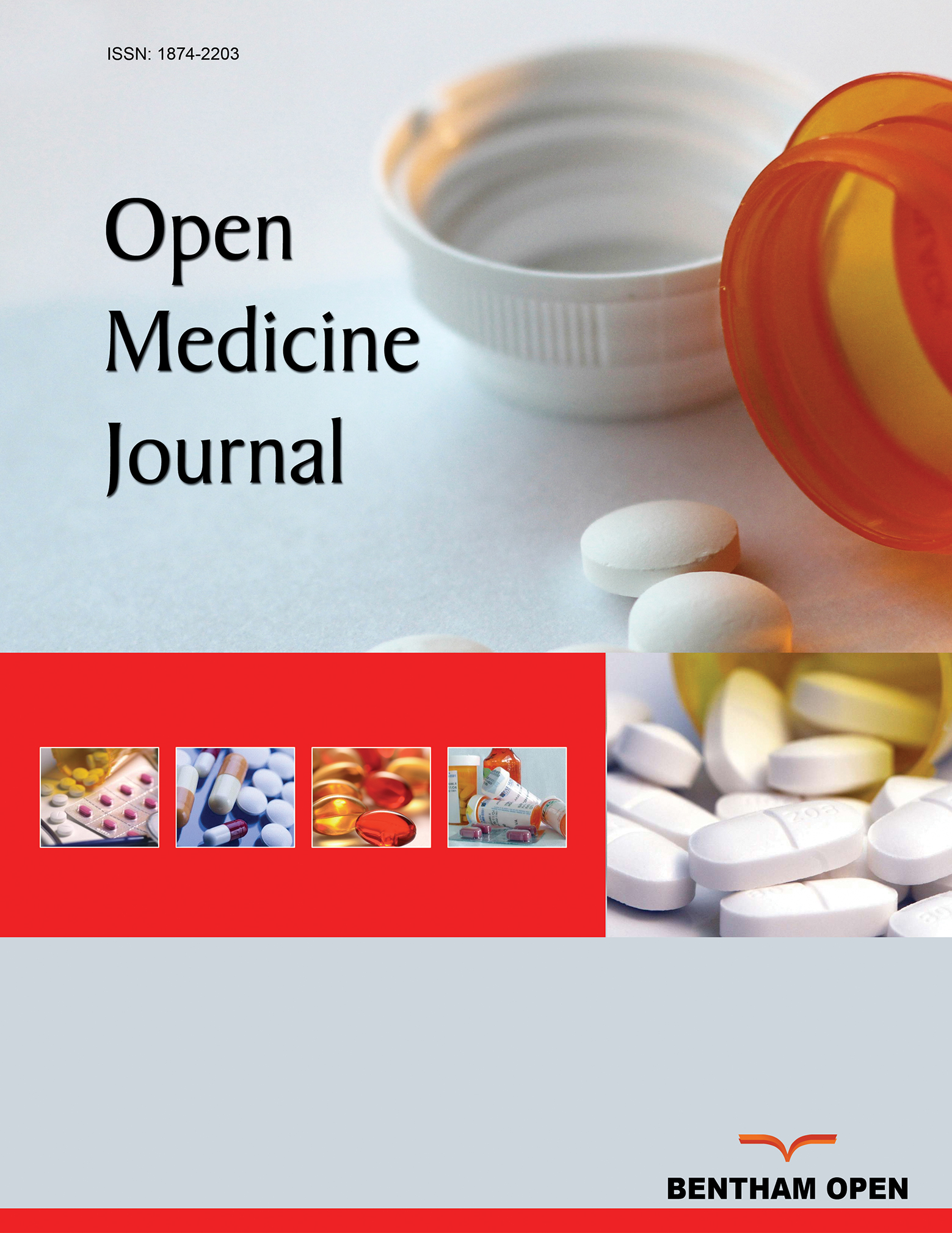All published articles of this journal are available on ScienceDirect.
Health Problems of Ebola Virus Disease Survivours in Sierra Leone, 2015: Making a Case for Follow-Up Care After Discharge from Ebola Treatment Centres
Abstract
Background :
The number of the survivours of the Ebola Virus Disease (EVD) is increasing. They have reported health problems.
Objective:
This study aimed to document the health problems of EVD survivour in Bombali District Sierra Leone.
Methods:
This was a cross sectional study conducted at Bombali District, Sierra Leone in February, 2015. Participants were EVD survivours admitted and discharged from September, 2014 to February 2015. In all, 304 survivours participated in the study by filling an interviewer administered questionnaire. Data were analyzed with SPSS version 21.0 using descriptive statistics. Association between independent variables was explored with chi square test. The level of statistical significance was set at p <0.05.
Results:
The median age of survivour was 24 years (range 1-89 years), 105 (34.5%) were <18 years, and more than half of the total responders (60.9%) were females, 92 (30.3%) were discharged in November, 2014. All 189 (62%) had health problem: 65 (34%) and 124 (66%) had single and multiple complaints respectively. Joint pain was reported by 111(58.7%), generalized body pain – 91(48.1%), headache – 81(43%), eye problems – 65(34%), psychological problems – 63(33%). Only 2 (1.06%) survivours have sought for help. Among survivours of 18 years and above, 148(74.4%) had health problems p<0.001. Health problems were reported by 101(70.1%) of survivours with no formal education p=0.002. Also, 52(83.9%) widow(er) had health problems p<0.001.
Conclusion:
There is a need for the establishment of survivour’s clinic. Provision of specialized care for survivour is encouraged based on their identified needs. This can be done early to avoid complications.


